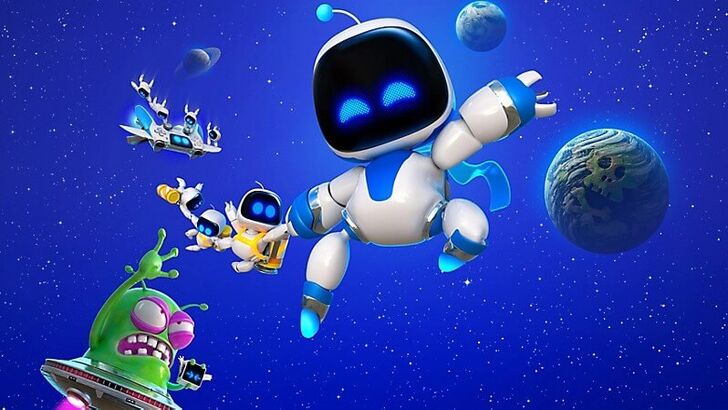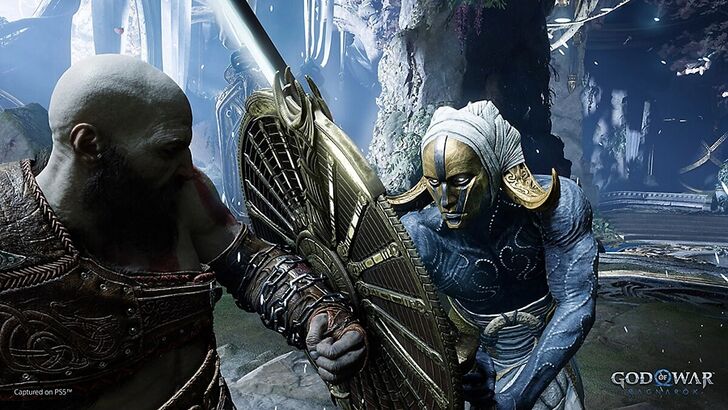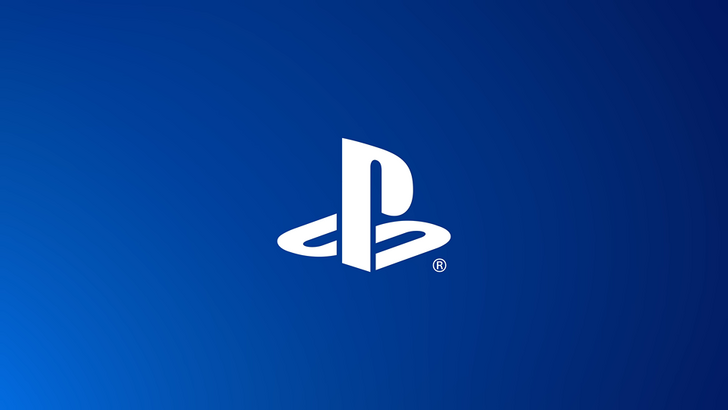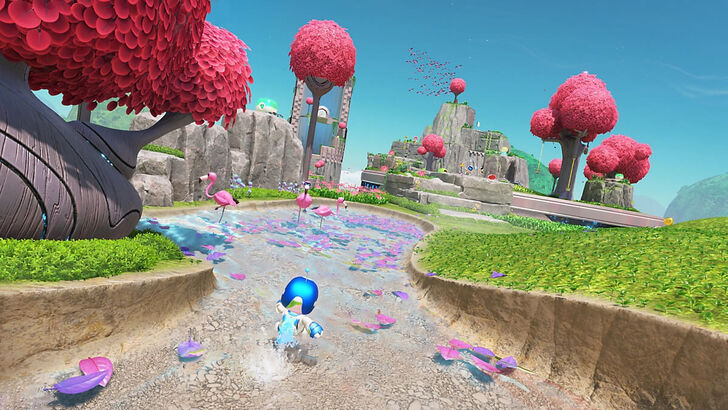PlayStation Co-CEO Hermen Hulst on AI in Gaming: Revolutionizing, Not Replacing

Hermen Hulst, co-CEO of PlayStation, recently shared his perspective on the role of artificial intelligence (AI) in the gaming industry. While acknowledging AI's potential to revolutionize game development, he emphasized the irreplaceable value of the "human touch." This statement comes as PlayStation celebrates its 30th anniversary, reflecting on its journey and future plans.
A Balancing Act: AI and Human Creativity

Hulst's interview with the BBC highlighted the growing debate surrounding AI's impact on game development. While AI offers efficiency in automating mundane tasks, concerns remain about its potential to displace human creatives. The recent strike by American voice actors, fueled partly by the use of generative AI in games like Genshin Impact, underscores this concern.
Market research from CIST reveals that a significant portion (62%) of game studios already utilize AI for tasks such as prototyping, concept art, asset creation, and world-building. Hulst believes the industry needs to find a balance, fostering both AI-driven innovation and preserving the unique creative contributions of human developers. He anticipates a "dual demand" for both AI-enhanced and handcrafted gaming experiences.
PlayStation's AI Strategy and Beyond Gaming

PlayStation itself is actively involved in AI research and development, with a dedicated Sony AI department established in 2022. This commitment extends beyond gaming, as PlayStation explores multimedia expansion, adapting its successful IPs into film and television. The upcoming Amazon Prime series based on the 2018 God of War game serves as an example of this strategy. Hulst aims to elevate PlayStation's intellectual property beyond gaming, integrating it into the broader entertainment landscape. This ambition may be linked to rumored acquisition talks with Kadokawa Corporation, a Japanese multimedia giant.
Lessons Learned from the PlayStation 3

Reflecting on PlayStation's 30-year history, former PlayStation chief Shawn Layden described the PlayStation 3 (PS3) as an "Icarus moment"—a period of overly ambitious goals that nearly led to the company's downfall. The team's initial vision for the PS3 was far-reaching, incorporating features beyond core gaming. However, this proved too costly and complex. The experience taught them to prioritize the gaming experience itself, leading to the more focused and successful PlayStation 4.

In conclusion, PlayStation's approach to AI in gaming highlights a strategic balance between technological advancement and the enduring importance of human creativity. The company's journey, marked by both triumphs and setbacks, informs its vision for the future, encompassing both gaming innovation and broader multimedia expansion.







